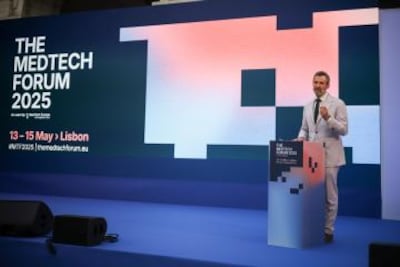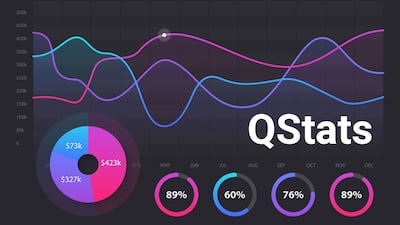
Growth
Leading industry experts have spoken to In Vivo about how investment, a change in mindset and a fresh approach to policy may allow Italy to kick-start its biotech ecosystem.
Rising Leader Abbas Kazimi's leadership at Nimbus Therapeutics combines immigrant resilience, patient-first partnerships, contrarian strategic bets and a deeply personal mission driving breakthrough drug discovery innovation.
Despite recent political turmoil, outside investor and corporate interest in South Korean biopharma innovation appears robust or even increasing.
Against a backdrop of shifting trade policies, the end of multilateral market approaches and renewed focus on supply chain resilience, medtechs are doubling down on innovation in products and processes – using AI – and keeping unmet needs and outcomes in the center of the target.
While biopharma companies experiment with genAI, agentic AI is rapidly shifting the work paradigm towards one of autonomous digital workers that can handle entire process flows.
Qubit Pharmaceuticals and Sorbonne University launched a quantum AI model that could slash drug synthesis requirements and enable exploration of previously undruggable targets.
Jason Menzo, CEO of the Foundation Fighting Blindness, says the organization is adapting its funding strategy, navigating regulatory challenges and accelerating the translation of academic discoveries into industry-led clinical development.
Devika Wood, CEO of Brain+, explains the importance of developing health tech solutions for dementia and the growing need to both raise awareness and improve overall access to nondrug interventions like CST.
In a challenging funding environment for biopharma, strategic dealmaking has become a critical growth engine. In Vivo explores what it truly takes to navigate high-stakes acquisitions and partnerships, drawing on insights from seasoned industry leaders.
An interactive look at pharma, medtech and diagnostics deals made during May 2025. Data courtesy of Biomedtracker.
Metsera CEO Whit Bernard applies an unconventional leadership philosophy to develop next-generation obesity therapeutics, including monthly GLP-1 injections and oral peptides.
Almost halfway through 2025, and financing for European biotech could be described as challenging. Market volatility, geopolitical instability and trade barriers all loom large in biotech CEO minds when pitching for funding. In Vivo talked to biotechs and investors to gain a realistic view of the current market for company funding so far this year.
From billion-dollar COVID antibody to a strategic reset, Marianne De Backer is navigating Vir's comeback through pipeline focus and disciplined leadership.
Despite the ability to initiate clinical trials quickly and having strong manufacturing capacity, Chinese companies are facing multiple challenges in the obesity space.
The FDA plans to implement generative AI for drug reviews by 30 June 2025, enhancing efficiency and potentially accelerating approval processes. Discussions with OpenAI about AI integration are ongoing.
After revolutionizing the peptide therapeutic landscape, CEO Dinesh Patel reflects on the journey from surviving the 2008 financial crisis to developing a platform now poised to deliver back-to-back blockbuster approvals.
During Q1, biopharma M&A deal value reached $38.4bn and drew in $60.8bn in potential deal value from alliances. Device company M&A values reached $8.7bn.
















